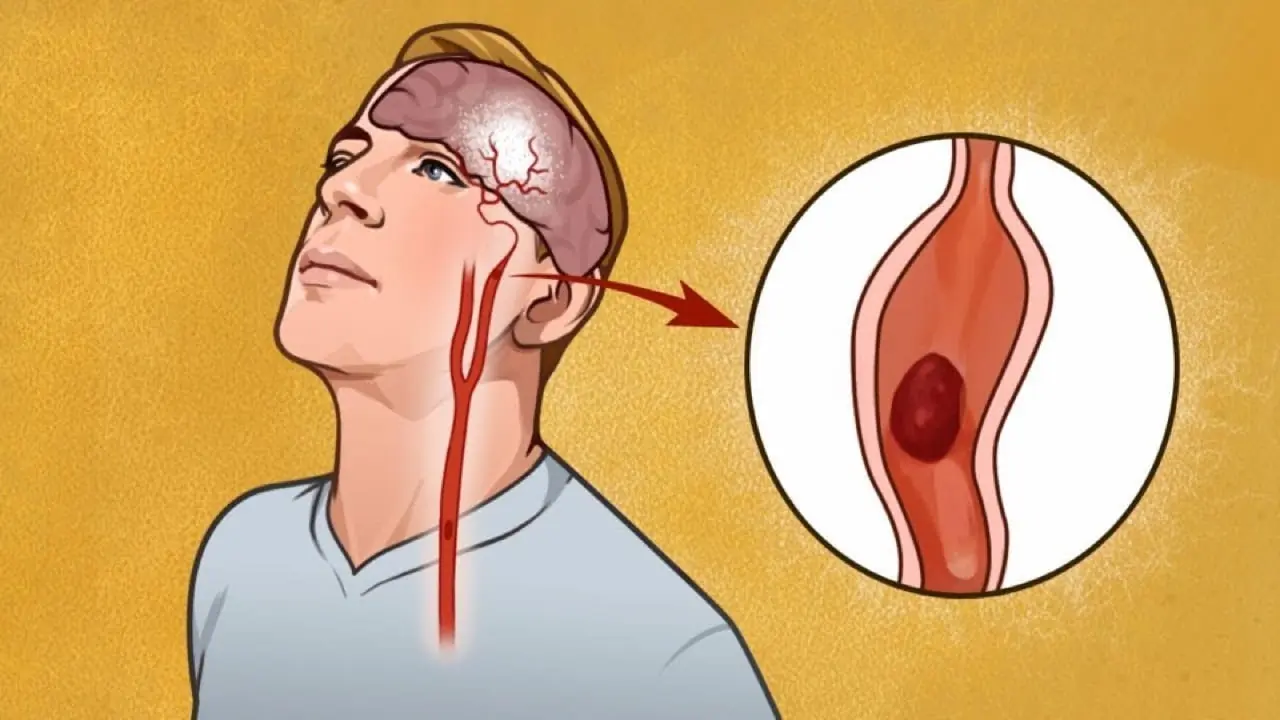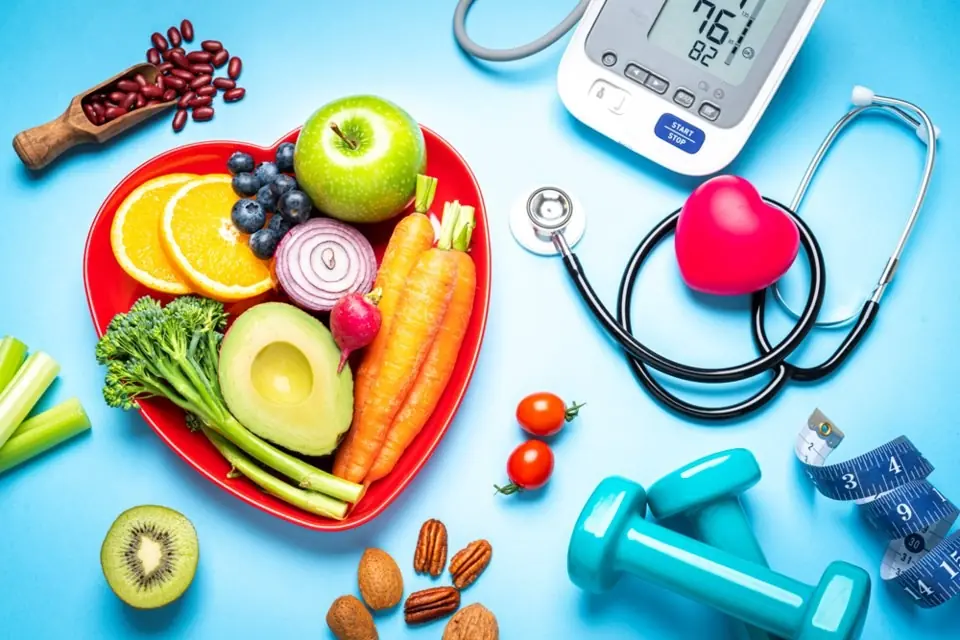
What Really Happens When You Drink Coffee Every Morning
For millions around the world, the day doesn’t truly begin until that first warm sip of coffee touches their lips. More than just a beloved ritual, coffee serves as a powerful energy booster that helps clear morning grogginess and sharpen the mind. But beyond the comfort and caffeine, what’s actually happening inside your body when you reach for your daily brew?
Doctors, dietitians, and health researchers have studied the effects of daily coffee consumption—and the science is both fascinating and worth understanding. Here’s a closer look at how coffee affects your body, brain, and overall health.
1. It Boosts Alertness and Mental Focus
The primary active ingredient in coffee is caffeine—a natural stimulant that works by blocking adenosine, a neurotransmitter that makes you feel tired. As a result, your central nervous system gets a noticeable boost.
What caffeine does:
-
Enhances alertness and mental clarity
-
Improves attention span and short-term memory
-
Helps you concentrate more easily on work, study, or tasks requiring focus
-
May improve reaction time and cognitive performance during fatigue
☕ Why it matters: Your morning coffee doesn’t just wake you up—it primes your brain for productivity, especially during the first few hours of your day.
2. It Lifts Your Mood and Emotional State
Caffeine stimulates the release of dopamine, a neurotransmitter associated with pleasure, motivation, and mood regulation. This makes your cup of coffee more than just a mental pick-me-up.
Regular coffee consumption is linked to:
-
Lower risk of depression in adults
-
Reduced symptoms of anxiety when consumed in moderation
-
Increased feelings of well-being and emotional resilience
💡 Bonus benefit: For many people, the ritual itself—sitting with a cup, smelling the aroma, savoring the warmth—can be grounding and emotionally soothing.
3. It Can Boost Metabolism and Support Fat Burning
Coffee can mildly increase your metabolic rate due to its impact on thermogenesis, the process your body uses to generate heat and burn calories. That’s why caffeine is often found in fat-burning supplements.
Benefits include:
-
Slight increase in basal metabolic rate (BMR)
-
Enhanced fat oxidation during physical activity
-
May support weight loss when combined with a balanced diet and regular exercise
⚠️ Reality check: Coffee alone won’t make you lose weight, but it can be a supportive part of an active, healthy lifestyle.
4. It’s Rich in Antioxidants That Protect Your Cells
Surprisingly, coffee is one of the top sources of antioxidants in the typical Western diet—often beating out fruits and vegetables in total daily intake.
These antioxidants help:
-
Fight free radical damage at the cellular level
-
Reduce inflammation in the body
-
Support cardiovascular and neurological health
-
Protect against chronic diseases like type 2 diabetes and Alzheimer’s
🧠 The takeaway: Your morning cup may be doing more to support your long-term health than you realize.
5. Potential Downsides of Drinking Coffee Every Day
Despite its many perks, daily coffee isn’t without drawbacks—especially if consumed in excess or on an empty stomach.
Possible negative effects include:
-
Increased anxiety, jitters, or restlessness
-
Heart palpitations or elevated heart rate
-
Digestive issues or acid reflux
-
Sleep disturbances, particularly if consumed late in the day
-
Caffeine dependency and withdrawal symptoms (e.g., headaches, fatigue, irritability)
⛔ Be aware: Skipping your usual cup can lead to withdrawal effects, especially if you consume large amounts daily.
6. How Much Coffee Is Too Much?
Health experts generally agree that up to 400 mg of caffeine per day is safe for most healthy adults. That equals roughly:
-
3 to 4 cups of regular brewed coffee
-
2 large (16 oz) café-style coffees
-
4 to 5 espresso shots depending on the roast
🔄 Sensitivity varies: Some people metabolize caffeine more slowly and should adjust their intake to avoid unpleasant effects.
7. Tips for Healthy Coffee Habits
To maximize the benefits of coffee while minimizing the risks, follow these evidence-based best practices:
✅ Do:
-
Drink 1–3 cups per day—moderation is key
-
Enjoy it with or after food to reduce acidity
-
Opt for black coffee or use plant-based milk and minimal sweeteners
-
Stop drinking caffeine at least 6 hours before bedtime
-
Stay hydrated by drinking water throughout the day
❌ Avoid:
-
Drinking coffee on an empty stomach
-
Loading your cup with sugar, flavored syrups, or heavy cream
-
Relying on coffee as a substitute for proper rest or hydration
In Summary
Coffee can be a powerful ally for your physical and mental health. When consumed mindfully and in moderation, it may help:
-
Sharpen your mental focus
-
Lift your mood and emotional resilience
-
Support your metabolism and energy levels
-
Provide essential antioxidants that protect your body
But as with anything, balance is essential. One or two well-timed cups can work wonders—without compromising your sleep, gut health, or energy stability.
☕ Drink smart, enjoy the ritual, and let your coffee work for you—not against you.
News in the same category


Doctors Urge: Don’t Ignore Unexplained Bruising These Hidden Reasons Could Be the Cause

Struggling to Sleep? A Famous Doctor’s 60-Second Trick Could Change Your Nights Forever

10 Urgent Warning Signs You’re Eating Too Much Sugar

Holding Cloves in Your Mouth: A Natural Way to Relieve Toothache

Doctor has message for anyone who wakes up between 2am and 3am

5 Hygiene Mistakes that Many People Make…

Warning Signs of Poor Blood Circulation You Can’t Afford to Miss

Eat THIS Daily to Keep Your Arteries Clean and Your Heart Healthy

Dates: The Single Food for Heart Attack, Hypertension, Stroke, and Cholesterol

Drink This 1 Cup to Improve Blood Flow and Circulation in Your Legs & Feet

Doctor Reveals 5 Powerful Snacks That Help Your Body Fight Cancer and Disease

The 3:3:10 Method: 3 Exercises to Improve Leg Circulation

Avoid ginger if you have these 5 health problems..

Improve your oral health naturally with garlic

🌙 7 Gentle Drinks Before Bed That May Support Blood Sugar & Reduce Nighttime Urination

When your liver is bad, these parts start to hurt

People with these 3 health problems should NEVER drink coffee

If you have nail fungus, try this natural cure; it goes away fast
News Post

Is It Right or Wrong to Place a Washing Machine in the Bathroom? Turns Out, Many People Have Been Mistaken All Along

The 4 Warning Signs Your Body May Show 15 Minutes Before a Stroke – Recognize Them and Call for Help Immediately

10 Warning Signs Your Liver is Overloaded with Toxins Don’t Ignore These!

The Powerful Medicinal Benefits and Uses of Senna alata

Doctors Urge: Don’t Ignore Unexplained Bruising These Hidden Reasons Could Be the Cause

Tips to Prevent Pots from Getting Blackened When Using a Gas Stove: Simple Tricks Everyone Should Know

What Is the Hole on Scissors For? Many Home Cooks Don’t Know This and It’s a Shame!

Struggling to Sleep? A Famous Doctor’s 60-Second Trick Could Change Your Nights Forever

What Mixing Vinegar, Salt, and Water Does?

Search Results for: Ginger–Turmeric–Honey: A Golden Natural Remedy

The Surprising Purpose of the Metal Part Between Scissors’ Handles

10 Urgent Warning Signs You’re Eating Too Much Sugar

Why You Should Never Pour Hot Water into Your Kitchen Sink

Unlock the Forbidden Sweetness: Why Dates Are the Ultimate Superfood Hiding in Plain Sight

Holding Cloves in Your Mouth: A Natural Way to Relieve Toothache

Doctor has message for anyone who wakes up between 2am and 3am

5 Hygiene Mistakes that Many People Make…

Warning Signs of Poor Blood Circulation You Can’t Afford to Miss
